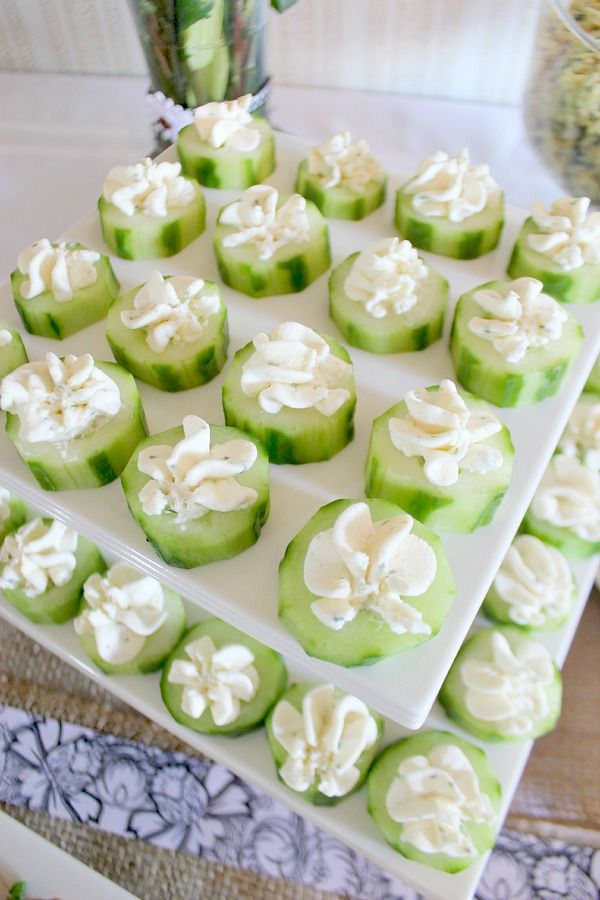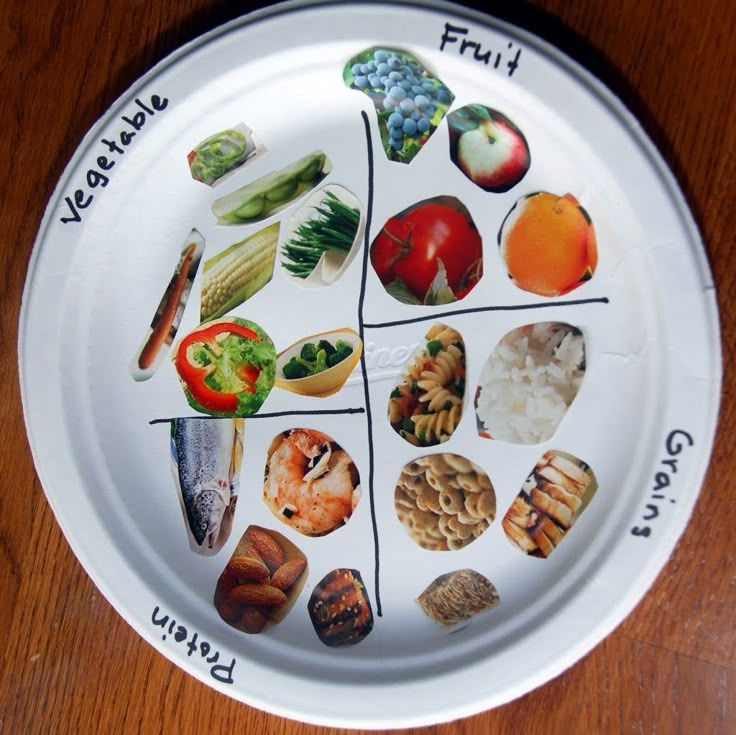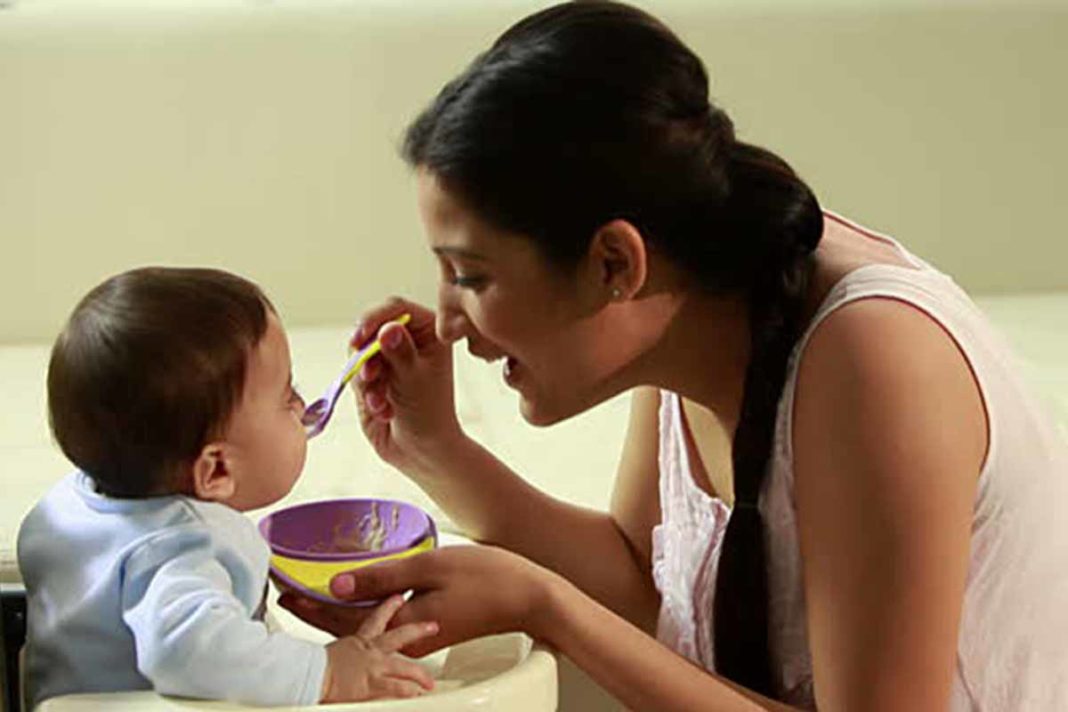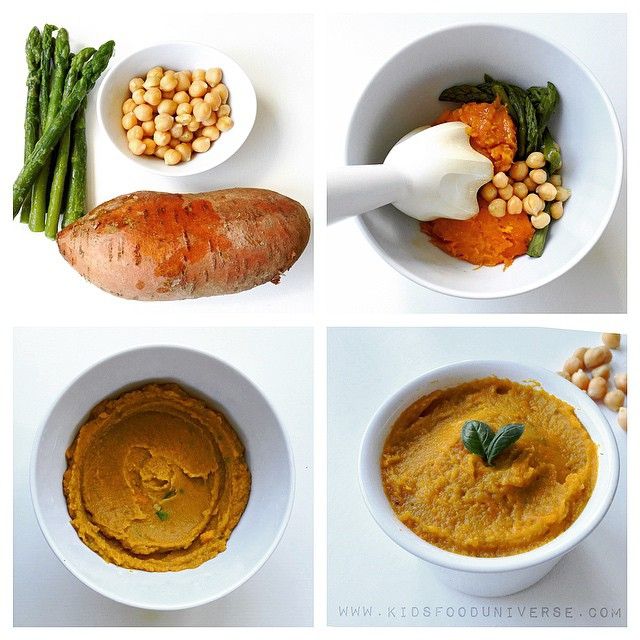My baby not chewing food
How to Teach Your Baby to Chew So They Can Eat Safely
Learn how to teach your baby to chew with these 5 surprising tips! I’m also talking about chewing problems in toddlers…
It’s one of those things we take for granted or don’t think about much. We assume our babies will know how to chew when it comes time to feed them. And, while that’s certainly the case for a lot of babies, it isn’t for all. Some babies seem to have no interest or can’t figure out what they need to be doing when that food hits their tongue.
Sometimes a little practice is all that’s needed, other times, it turns into a road block and a baby will want to keep sucking down their milk around the clock or swallowing mashed baby food whole.
But, chewing is important for babies and toddlers. And, just like walking and talking, you can teach your baby how to chew!
What If I Don’t See My Baby Chewing?
It’s important not to panic if you don’t see your baby chewing though. Sometimes, they really do need a little more time, especially if they were born at 38 weeks or less.
You’ll also want to make sure you’re watching your baby closely while they’re eating because it can be really easy to miss the little munching up and down inside their tiny mouths. Plus, you likely won’t see any chewing at all on baby food.
What you do want to see, even by 6 months old, is that they’re chewing on toys and teethers, frequently. And, if you don’t, then you’re in the right place to learn how to help your baby start chewing.
When Should a Baby Start Chewing?
Babies begin to chew on their hands, toys, and teethers around 4 – 6 months old. Typically, babies become obsessed with putting everything in their mouth. It’s a bit of a stressful time for parents because they won’t discriminate between that gross fuzzy or piece of dog food they found on the floor.
But, this is how they explore the world at this age, through their mouth!
As they put the toys into their mouth, you’ll probably see them moving it from side to side and biting up and down.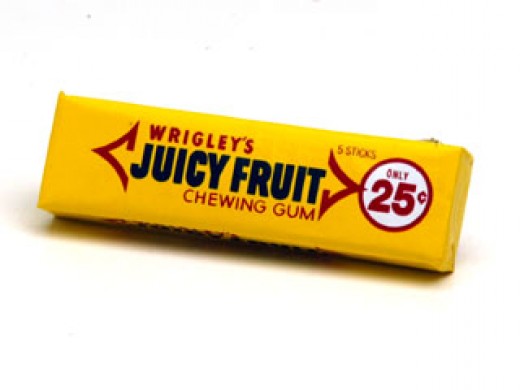 They will get a lot of practice chewing like this so that, by 7-8 months, they are ready to begin chewing some real foods at meals.
They will get a lot of practice chewing like this so that, by 7-8 months, they are ready to begin chewing some real foods at meals.
Just like with any milestone, it’s totally normal for babies to need some more time. It may not be until 9 or 10 months when they figure the whole chewing thing out. But, we do look for chewing and eating table foods by 11 months.
The cool thing is that if babies have practiced chewing on teethers and toys, there’s a window between 8 and 11 months when they instinctively know how to chew. That’s not to say they’ll never chew if they haven’t begun by 12 months or later, but it will take more direct teaching. That’s where the tips below will be even more critical!
Check out Feeding Milestones to learn more about when your child “should” be eating what.
Affiliate links used below. See our full disclosure.
5 Tips to Teach Baby to Chew
These tips will set the foundation for and help your baby learn to chew. They’re perfect whether you’re looking to take a proactive approach and help your baby transition smoothly to eating table foods, or, if your concerns are growing because your baby, or toddler, isn’t chewing yet.
They’re perfect whether you’re looking to take a proactive approach and help your baby transition smoothly to eating table foods, or, if your concerns are growing because your baby, or toddler, isn’t chewing yet.
If you’re in the latter situation, these tips are just the tip of the iceberg, there are more advanced strategies. If you feel you need more support, as an occupational therapist myself, I’d recommend looking into feeding therapy.
1. Use Teethers and Toys: As you just learned, all that practice babies do while chewing on teethers and toys is important. It’s laying the groundwork for them to eventually eat foods. But, some babies skip this step. Sometimes, it’s because of the way toys feel in their mouth and they don’t like it so they avoid it, this is due to their sensory processing. If you suspect this is the cause, then read more in sensory issues with food.
Other babies avoid teethers because it’s tiring and difficult. In this case, it’s probably because of their oral motor skills.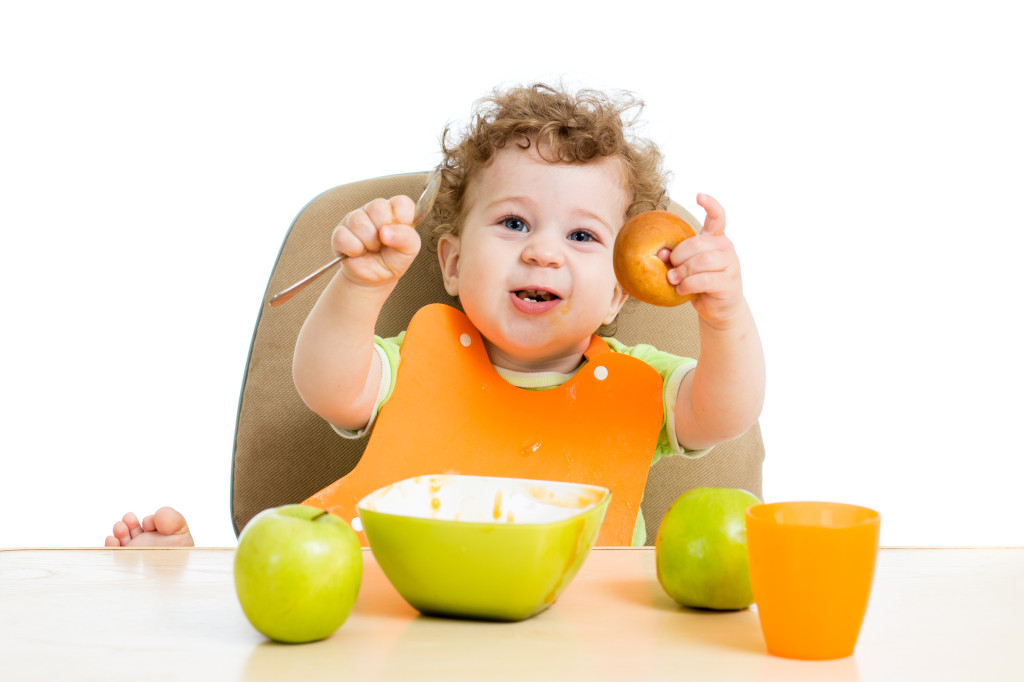
And yet, other babies won’t use them because they just aren’t interested. No matter what the reason is, it’s important that you encourage and demonstrate chewing on teethers often.
If they allow you bring the teether up to their mouth, or if they like baby food, you can even dip some of the teether into the baby food for them to lick off! Try different styles of teethers and toys, there are a ton. This is one of my favorites.
Head over to Why Your Baby Should Be Putting Toys in Their Mouth for more.
2. Practice on Large Foods: If your baby won’t go for the teethers, another option is to use large pieces of food that they can’t eat, but can mouth on. Think about a whole, peeled carrot or a long stalk of celery. Again, you can dip these in baby food or just let your baby explore it.
Use these large pieces of food while they’re seated in their high chair, at the same time you’re eating! If your baby already has teeth, make sure they can’t get any pieces off though, if they can, you’ll have to skip this step because they don’t have the skills to chew hard foods like that yet.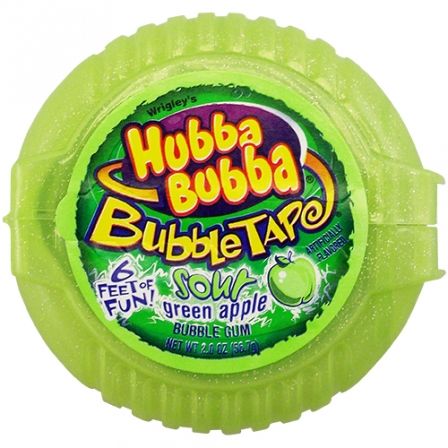
3. Demonstrate: You’ll be putting yourself ahead of the game if you can coordinate when your baby is eating, even if it’s just baby food, with your mealtimes. When you have just one child it can be tempting to feed them at a separate time, but in that shared meal time, they are learning a lot.
Not to mention that down the road it will save you frustration over getting them on a mealtime routine.
Plus, as you sit and eat together your baby is watching you, even if it seems they aren’t. They are see how you chew and will want to imitate it. To really show them how to chew, you’ll want to put one piece of food in your mouth at a time and dramatically chew for them – WITH – your mouth open.
Yes, I know it’s gross, but nobody else is watching, and if they are who cares, you’re teaching your baby!
4. Brush Their Gums/Teeth: One of my favorite tips to encourage chewing is to start brushing your baby or toddler’s gums 2 times a day with an infant toothbrush, like this one.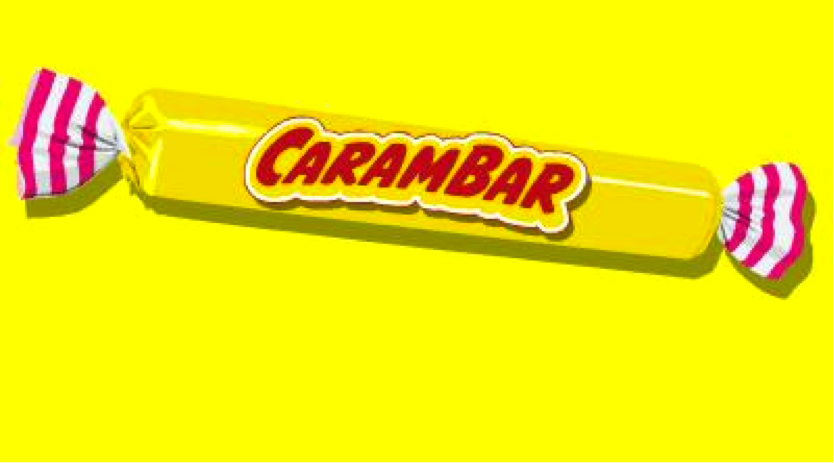 While this sounds like a strange suggestion, it helps them get used to having something else in their mouth and it stimulates movement in their tongue.
While this sounds like a strange suggestion, it helps them get used to having something else in their mouth and it stimulates movement in their tongue.
Tongue movement is critical for chewing, and many kiddos struggling to chew aren’t moving their tongue well.
This brushing, with a firm pressure, also prepares the mouth for accepting more textures and even helps to desensitize the gag reflex!
5. Give Them the Right Foods: Lastly, once they are around 8 months old, it’s time to start trying some real foods. You’ll want to skip stage 3 baby foods that have the mixed chunks in them. That’s a difficult texture for a lot of babies, some will gag, some will throw up, and some will spit out the chunks or hold them in their mouth.
Instead, you’ll want to focus on crunchy foods that melt easily. Think puffs, graham crackers, and rice husks. In any grocery store you can find a mountain of these stage 1 table foods that are perfect to help babies learn to chew.
Head over to how to transition to table foods to learn next steps.
Chewing Problems in Toddlers
It’s common for me to see toddlers that missed that window for learning to chew and are still struggling to at up to 2 years old and even beyond. If that’s your child, know that it’s never to late to teach them how to chew.
For one and two year olds specifically, all of the above tips are still appropriate and will help bridge that gap to chewing. But, if your child is over 12 months and is only drinking milk or eating baby foods, it’s time to look for some more help. If you’re in the states, you may qualify for free early intervention.
And, the same difficulties I listed above for babies not wanting to chew on teethers, applies to difficulty eating. It could be sensory, oral motor, or even medical based. You can learn more in 5 Reasons Kids Don’t Eat.
Get More Help in This Free Workshop
To learn more about teaching your baby to eat, grab a free seat in my workshop: 5 Big Feeding Mistakes That Are Stopping Your Child From Learning to Eat Table Foods.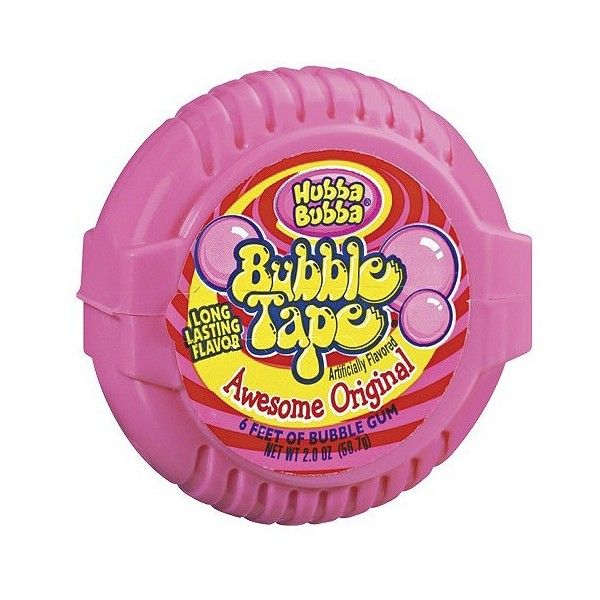 You’ll learn exactly what NOT to do and even more tips to get your baby or toddler on the path to eating well. We’ll send you a free printable workbook in your inbox too!
You’ll learn exactly what NOT to do and even more tips to get your baby or toddler on the path to eating well. We’ll send you a free printable workbook in your inbox too!
Click here to get your seat now!
More on Feeding Babies and Toddlers
Self-Feeding: The Complete Guide for Babies and Toddlers
Why You Should Let Your Baby (or toddler) Get Messy Eating
Does Your Baby or Toddler Keep Spitting Out Their Food? Try This!
Alisha Grogan is a licensed occupational therapist and founder of Your Kid’s Table. She has over 14 years experience with expertise in sensory processing and feeding development in babies, toddlers, and children. Alisha also has 3 boys of her own at home. Learn more about her here.
Help - My child doesn't chew!
When do children start learning to chew? During the process of weaning (around 6-7 months), when they start to eat foods other than milk. There is a critical window of opportunity to introduce textured foods (lumpy foods) between 7-9 months. Delaying this introduction may lead to difficulties with adult foods or picky eating during the toddler years. Developing chewing skills allows children to manage different textures and expand their food repertoire. Chewing is typically mastered around 18-24 months when they can handle adult foods.
There is a critical window of opportunity to introduce textured foods (lumpy foods) between 7-9 months. Delaying this introduction may lead to difficulties with adult foods or picky eating during the toddler years. Developing chewing skills allows children to manage different textures and expand their food repertoire. Chewing is typically mastered around 18-24 months when they can handle adult foods.
How do chewing skills develop?
At around 4-6 months babies may start mouthing and munching on their fingers, hands, toys, and teethers. The up and down jaw movements (munching) eventually mature into a mature adult rotational chewing pattern. Babies also develop side to side tongue movements to move food around their mouth, rather than only moving their tongue forward and backwards.
Tips to support chewing development
Tip 1: Encourage and support your child’s oral exploration! Allow them to put fingers, safe toys and objects in the mouth and explore them with their jaw, lips, and tongue.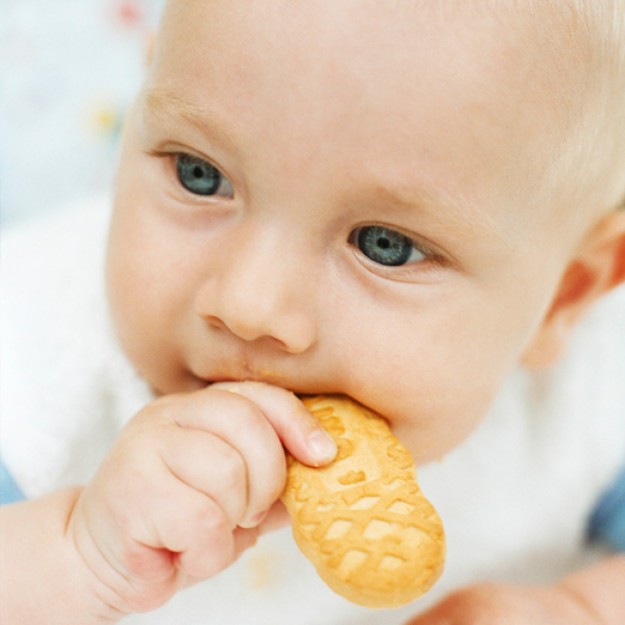 This is the first step for them to tolerate textures. Later on, provide opportunities for children to bring pieces of soft food to their mouths. At the start they may lick, suck, mash or push it out, but it is only with this exploration that they may learn to bite and chew later on.
This is the first step for them to tolerate textures. Later on, provide opportunities for children to bring pieces of soft food to their mouths. At the start they may lick, suck, mash or push it out, but it is only with this exploration that they may learn to bite and chew later on.
Tip 2: Introduce a variety of textures early – exposure over time is key. The only way babies will learn to chew well is by actually chewing food, to strengthen their jaw, lip and tongue muscles. Here is how:
- Start with offering lumps. Gentle mashing of soft vegetables or fruit is a good place to start.
- Offer meltables that easily dissolve once they touch saliva, or very soft, easily mashable foods that are cut up in small cubes or thin strips.
- Make gradual changes. If your child has difficulty with the amount of lumps or the size of the pieces in the food, go back to an easier food texture and gradually increase the size of lumps or small cubes.
- Gradually introduce a variety of foods (different fruits, vegetables, proteins, carbohydrates) to allow your child to learn to handle different tastes and textures.
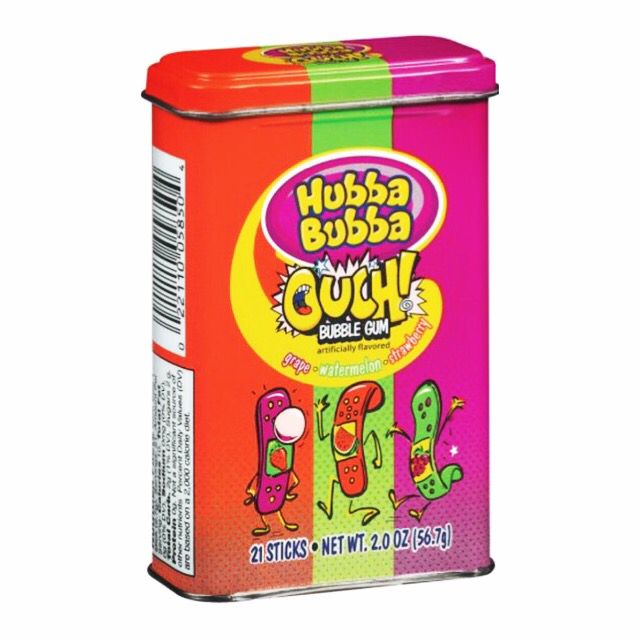
“My baby has no teeth yet, so he cannot chew!” This is a myth. Babies do not need to have teeth to learn to chew. The first steps of chewing require only tongue, jaw and cheek movements. Teeth are needed only later on to break down more fibrous foods.
Tip 3: Stay calm if your child gags. Gagging is a normal part of the learning process and is not the same as choking. It often means that your child tried to swallow a piece of food without chewing it sufficiently to break it down. With gagging, there is noise and sound and the child’s face turns red. With choking, there is often silence and the child starts to turn blue.
Try your best to remain calm and use a steady voice, as children can sense adults’ fear and may become scared to try foods in the future. Children can usually recover from a gag without any adult intervention. Provide encouragement, check the piece of food that led to the gag, and make modifications as needed (e. g. make it smaller, smash it a little bit more)
g. make it smaller, smash it a little bit more)
Tip 4: Model chewing for your child! Eat together with them, and model the chewing movements. They learn best by watching you. Most importantly, offer lots of praise and encouragement and have fun!
If your child is facing difficulties with chewing or textured foods, trust your parental intuition and seek help early! Our therapists at Amazing Speech Therapy will be able to provide more specific strategies and advice tailored to your child and family.
What to do if the child does not want to chew - "Healthy Child's Internet Cabinet"
Home - Healthy Child Cabinet - Related Articles - Nutrition - What to do if the child does not want to chew
Ufimtseva Olesya Borisovna
Social teacher of the consultative and health department of the City Center for Medical Prevention
Transferring a child from ready-made formulas and breast milk to adult food is a problem for many parents, since the baby cannot learn to chew food, is naughty, refuses new foods, and spits out what he cannot swallow without chewing. The transition to more solid foods that must be chewed in order to be eaten is a natural physiological process associated with the development of various body systems. The digestive system gradually gets used to the digestion of solid food. The demand for nutrients is growing. A variety of "adult" foods can satisfy her. If a child does not learn to eat normally, then the nutrition of all tissues of his body will be disrupted. This affects his physical and intellectual development. If there is still a problem with chewing, then do not panic. Some special tips will help teach your baby to chew pieces of food. nine0003
The transition to more solid foods that must be chewed in order to be eaten is a natural physiological process associated with the development of various body systems. The digestive system gradually gets used to the digestion of solid food. The demand for nutrients is growing. A variety of "adult" foods can satisfy her. If a child does not learn to eat normally, then the nutrition of all tissues of his body will be disrupted. This affects his physical and intellectual development. If there is still a problem with chewing, then do not panic. Some special tips will help teach your baby to chew pieces of food. nine0003
Dr. E.O. Komarovsky gives the following simple advice to parents who are faced with the unwillingness of the baby to chew food:
- To teach your child to chew both soft foods and hard pieces, you need to gradually add dishes with larger food particles to the meal. For example, soft bread can be gradually added to the soup so that the child can feel the pieces of food on the tongue.
 You can give the baby a boiled carrot: it is convenient to hold it and it is interesting to pull it into the mouth. In order for the baby to learn to chew food, you need to give him a tasty and beautiful cookie or a piece of sweet fruit that he likes. A bagel will do. Some parents give children as early as the age of 5-6 months drying or baby biscuits. At this age, as a rule, there are no teeth yet, but the child works on drying, because he feels a pleasant taste. He soaks it in his mouth, bites off small pieces with his gums, learns to chew and swallow them. Drying should be given not so much for saturation, but for the development of the chewing reflex. Then, when the first teeth appear, it will be more difficult for the baby to get used to such a useful and tasty toy. It is uncomfortable for him to bite with his gums, and there are still few teeth. Of course, you need to carefully monitor so that the baby does not choke. nine0014
You can give the baby a boiled carrot: it is convenient to hold it and it is interesting to pull it into the mouth. In order for the baby to learn to chew food, you need to give him a tasty and beautiful cookie or a piece of sweet fruit that he likes. A bagel will do. Some parents give children as early as the age of 5-6 months drying or baby biscuits. At this age, as a rule, there are no teeth yet, but the child works on drying, because he feels a pleasant taste. He soaks it in his mouth, bites off small pieces with his gums, learns to chew and swallow them. Drying should be given not so much for saturation, but for the development of the chewing reflex. Then, when the first teeth appear, it will be more difficult for the baby to get used to such a useful and tasty toy. It is uncomfortable for him to bite with his gums, and there are still few teeth. Of course, you need to carefully monitor so that the baby does not choke. nine0014 - Mom and dad do not have to immediately agree with the stubborn demand of the crumbs to give him the usual pureed food.
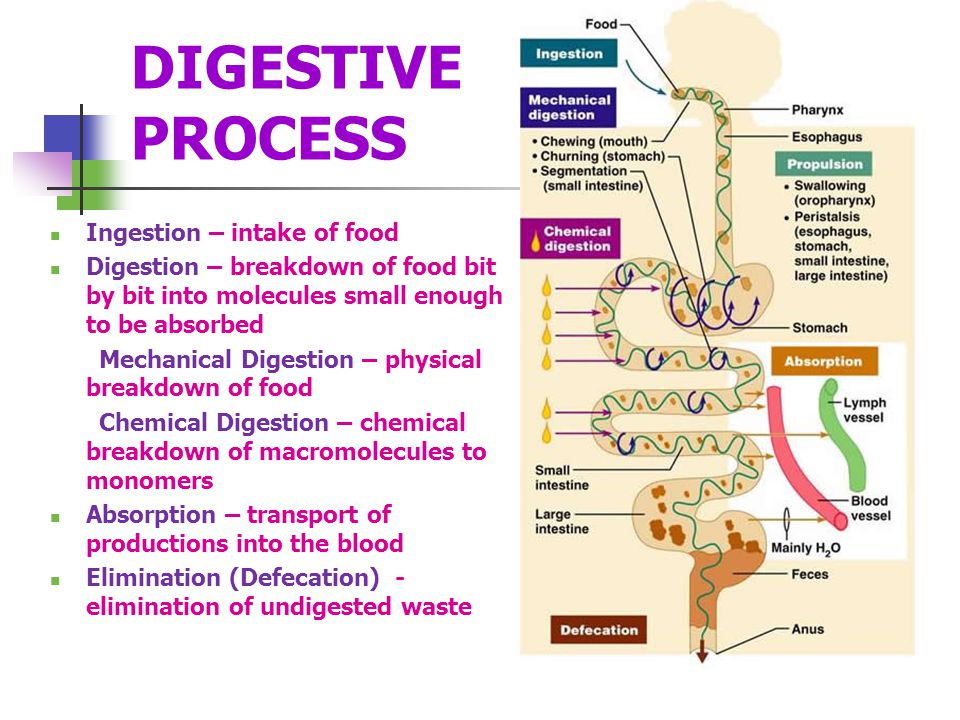 Parents should show artistry, portray regret that, for example, the blender is broken. In extreme cases, you can give the baby a fork so that he mashes the pieces of potatoes. He will surely like it, although the lack of skill may lead to the fact that half of the puree will be on the floor, but the next time the child will demand just such “interesting” food, stuffing it into his mouth (the fork must be special - plastic, with blunt teeth) . nine0014
Parents should show artistry, portray regret that, for example, the blender is broken. In extreme cases, you can give the baby a fork so that he mashes the pieces of potatoes. He will surely like it, although the lack of skill may lead to the fact that half of the puree will be on the floor, but the next time the child will demand just such “interesting” food, stuffing it into his mouth (the fork must be special - plastic, with blunt teeth) . nine0014 - If a child does not chew, but tries to lick and suck an apple or a biscuit, he does not need to rush to rub this very apple on a grater or soak the biscuits in milk. Give him solid food more often, if the number of teeth allows, let him train.
- If a child refuses to chew, swallow, or pick up a spoon, E.O. Komarovsky advises to reconsider the diet. It is likely that the baby simply does not have time to get really hungry. This happens in families where the crumbs are given to eat “when the time has come”, and not when he himself asks for food.
 Overfeeding is not only the reason for the unwillingness of the baby to take part in the process itself, it can trigger the mechanisms of a variety of diseases. Therefore, overfeeding is more harmful than underfeeding. nine0014
Overfeeding is not only the reason for the unwillingness of the baby to take part in the process itself, it can trigger the mechanisms of a variety of diseases. Therefore, overfeeding is more harmful than underfeeding. nine0014
Dear parents, be patient with your children and love them with all your heart. Only then will they develop according to all age norms!
I want to read more
The child does not eat, cannot chew 3 years
The child does not eat, does not ...
25 answers Go
#1
#2
Don't worry! Mine didn't chew until I was 5 years old! No pathology was found. I didn’t even chew cookies, I couldn’t bite off and chew any fruits. The gag reflex worked. How I dreamed that she would eat normally)) I had to push everything with a crush, on a grater, so that it would not be completely mashed And then everything came by itself! Be patient! nine0003
I didn’t even chew cookies, I couldn’t bite off and chew any fruits. The gag reflex worked. How I dreamed that she would eat normally)) I had to push everything with a crush, on a grater, so that it would not be completely mashed And then everything came by itself! Be patient! nine0003
#3
#4
The problem is that even if processed by a crush, she does not want to try. I have no interest in food. I cook so many delicious things, she doesn’t even want to try (I removed all the snacks, removed the mixture, I thought she would start eating, but no. This is some kind of madhouse. We went to the garden, I thought she would eat there with the children for company, but nothing has changed.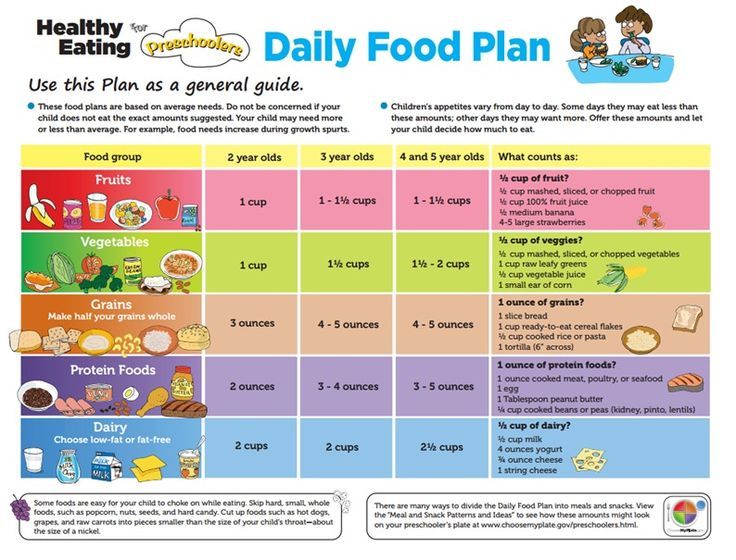 Breakfast - bread and water, lunch - yushka, dinner - cheesecake.0003
Breakfast - bread and water, lunch - yushka, dinner - cheesecake.0003
#6
kytcenochka
The problem is that even if processed by a crush, she does not want to try. I have no interest in food. I cook so many delicious things, she doesn’t even want to try (I removed all the snacks, removed the mixture, I thought she would start eating, but no. This is some kind of madhouse. We went to the garden, I thought she would eat there with the children for company, but nothing has changed.Breakfast - bread and water, lunch - yushka, dinner - cheesecake.0003
#7
#8
#
Guest
And mine eats without problems, but at three she doesn’t say anything and doesn’t go to the pot, they have already bypassed all the doctors, and there’s zero sense, they say it’s absolutely normal, but I don’t know what to do, especially with the pot, it’s already a shame, relatives will find out in fainting will fall that at 3 years old in a diaper
#10
#11
Guest
Then, every 1-1.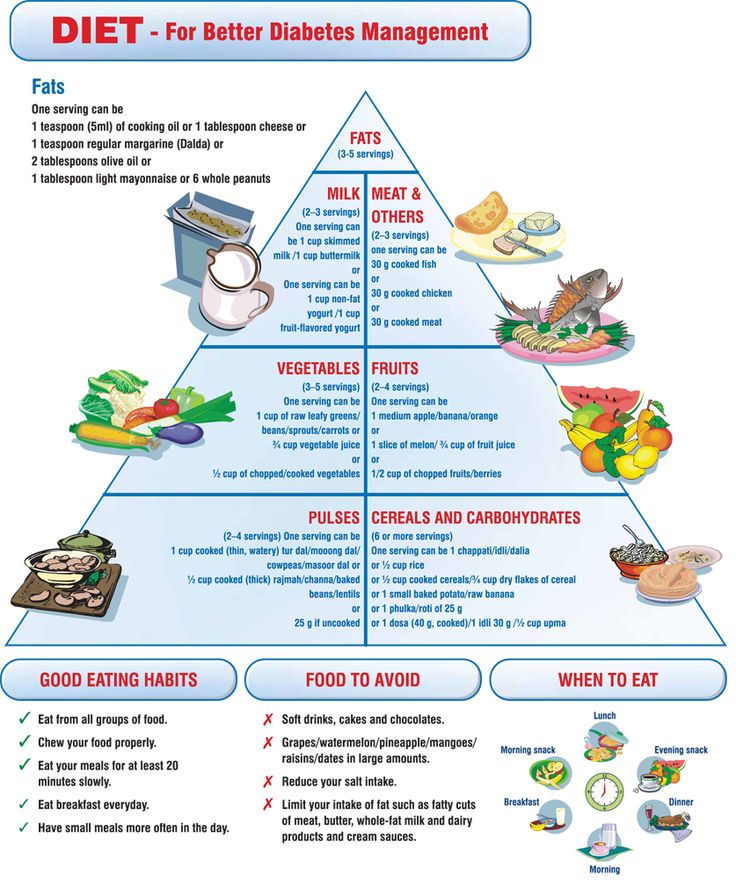 5h, until
5h, until
#12
9000 #13,0003
Guest
, and why bread is. water, not tea with biscuits
or a bun dissolved in tea? Soup puree, not Yushka?
#14
Guest
To which doctor did you go with a child7
#15,0002 KytCenochka
Walked about a year. back to a good private pediatrician, she was highly praised to us, she took a lot of tests, everything was in order with the tests. The doctor prescribed us drugs to increase appetite, food supplements, I don’t remember which ones. In the end, I bought everything, tried to give her syrup for her appetite, so she vomited everything, and a couple of times she choked so much from screaming that I was afraid to give her syrup later.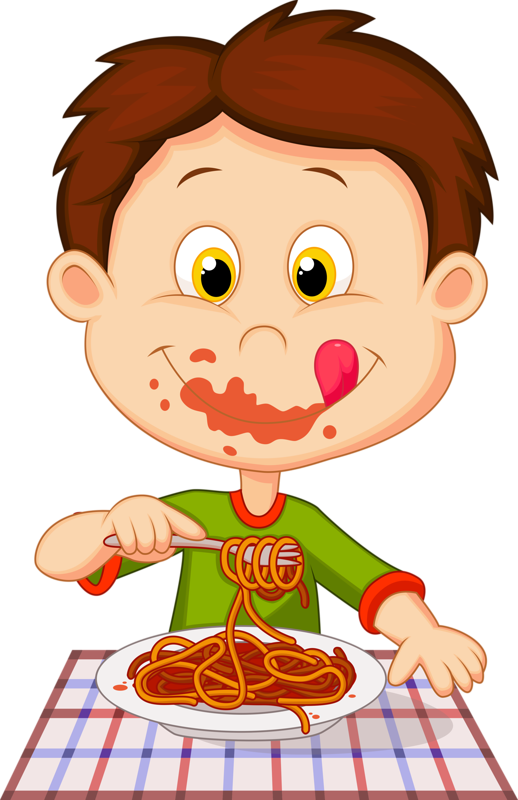 This treatment ended, I was told that it will outgrow, be patient, but something has not changed yet
This treatment ended, I was told that it will outgrow, be patient, but something has not changed yet
#16
We are looking for families and single mothers who have a child from 0 to 3.
We invite those who, having known the joy of motherhood, also know all the hardships associated with it - postpartum depression, fullness, lack of sleep, spoiled relationships with her husband, including intimate ones, etc.
Experts will help you overcome the crisis in the family and change.
To participate in the casting, send a photo or a short video with a story about yourself and your problem to [email protected]
#17
kytcenochka
We went to a good private pediatrician about a year ago, she was highly praised, she took a lot of tests, everything was in order with the tests. The doctor prescribed us drugs to increase appetite, food supplements, I don’t remember which ones. In the end, I bought everything, tried to give her syrup for her appetite, so she vomited everything, and a couple of times she choked so much from screaming that I was afraid to give her syrup later. This treatment ended, I was told that it will outgrow, be patient, but something has not changed yet
The doctor prescribed us drugs to increase appetite, food supplements, I don’t remember which ones. In the end, I bought everything, tried to give her syrup for her appetite, so she vomited everything, and a couple of times she choked so much from screaming that I was afraid to give her syrup later. This treatment ended, I was told that it will outgrow, be patient, but something has not changed yet
#18
#19
#20 9000 9000
#21
#22
Guest
deviations, I saw a guy 16 years old, also did not learn to chew, they gave a group.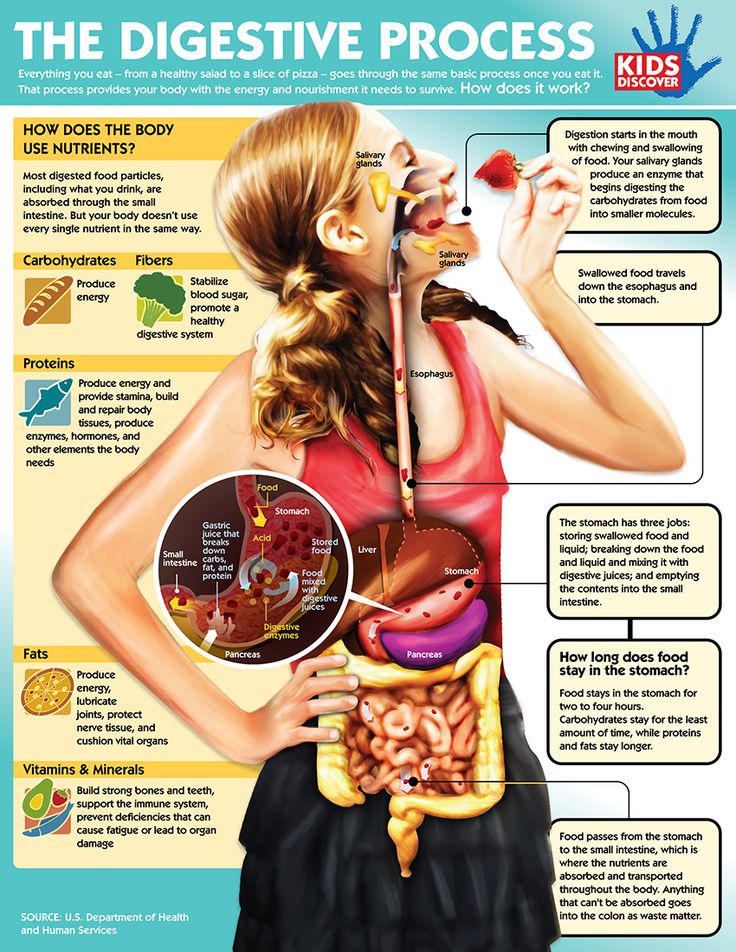 We must look for a good specialist
We must look for a good specialist
Woman.ru experts
-
Maxim Sorokin
Practicing psychologist
860 answers
-
Osipova Ksenia Andreevna
Psychologist
31 answers
nine0014 -
Vladimir Titarenko
Fitness nutritionist
48 answers
-
Maria Sinyapkina
Sexologist
72 answers
nine0014 -
Ivanova Svetlana
Coach
57 answers
-
Anna Antonchik
Female psychologist
122 answers
nine0014 -
Kremenetskaya Maria
Speech therapist - defectologist
17 answers
-
Nikitina Anna Viktorovna
Specialist of Oriental practitioners
32 answers
nine0014 -
Maria Burlakova
Psychologist
284 answers
-
Tatyana Klimkova
Psychologist
80 answers
nine0014
#23
Mila
So I typed the same question into the search engine as you and .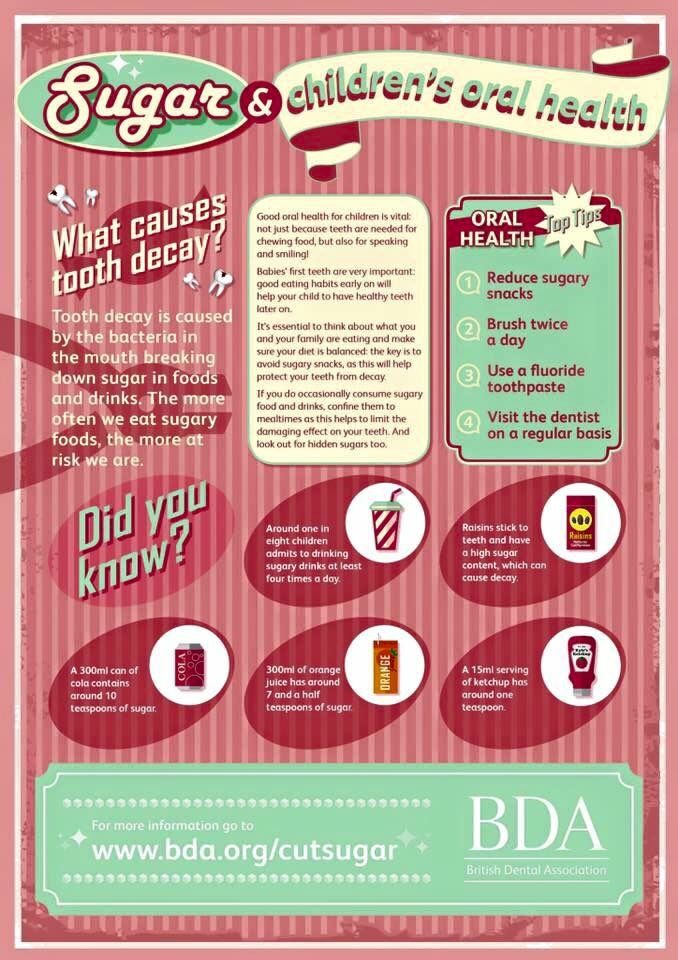 .. found a kindred spirit. We are also 3 years old. Nothing changes. And if the situation improves a little, then any viral disease gives a huge rollback. We really have reflux disease from birth and the gag reflex has become entrenched in both food and smells. We subsist on some baby purees (only homogeneous ones). Liquid soups without meat, sometimes a pancake, yogurt, children's diluted porridge, which she cannot even look at, as the gag reflex is triggered. We feed so that we don’t see porridge. Sometimes a bagel, a liver and a mixture of milk as supplementary food. We don’t clean it, because we don’t know how it will be possible to carry legs with such food (((I want to hang myself, to be honest ... I have a second child. There were no such problems with the first. We go to the doctors, we always drink something, but there's no use so far. Have you changed something?0003
.. found a kindred spirit. We are also 3 years old. Nothing changes. And if the situation improves a little, then any viral disease gives a huge rollback. We really have reflux disease from birth and the gag reflex has become entrenched in both food and smells. We subsist on some baby purees (only homogeneous ones). Liquid soups without meat, sometimes a pancake, yogurt, children's diluted porridge, which she cannot even look at, as the gag reflex is triggered. We feed so that we don’t see porridge. Sometimes a bagel, a liver and a mixture of milk as supplementary food. We don’t clean it, because we don’t know how it will be possible to carry legs with such food (((I want to hang myself, to be honest ... I have a second child. There were no such problems with the first. We go to the doctors, we always drink something, but there's no use so far. Have you changed something?0003
#24
#25
Guest
And mine eats without problems and does not go to nothing and does not go. on the potty, they have already bypassed all the doctors, and there’s zero sense, they say it’s absolutely normal, but I don’t know what to do anymore, especially with the potty, I’m already ashamed, relatives will know they will faint that at 3 years old in a diaper
New topics in a month : 744 topics
-
Child, is it difficult with him? nine0336 What are the benefits of having children?
20 answers
-
I pity, which I gave birth to
71 answer
-
Questions about the Nevalyashka
No answers 9000 9000 9000 9000 9000 9000 9000 9000 9000 9000 9000 9000 9000 9000 9000 topics per month: 15,355 topics
-
0336 Now children often admit to mothers in love
48 answers
-
If the guy wants a daughter
36 answers
-
Children in the plane
35 answers
- 9000 9036 ?
20 answers
-
Children of the weather is a nightmare?
19 answers
-
Child, is it difficult with him? nine0337
17 answers
-
What does it mean to "leave a child in danger"?
11 answers
-
victims for children
10 answers
-
I really want a Doberman dog
8 answers
The following topic
- 9036 is the following.
Learn more
-


